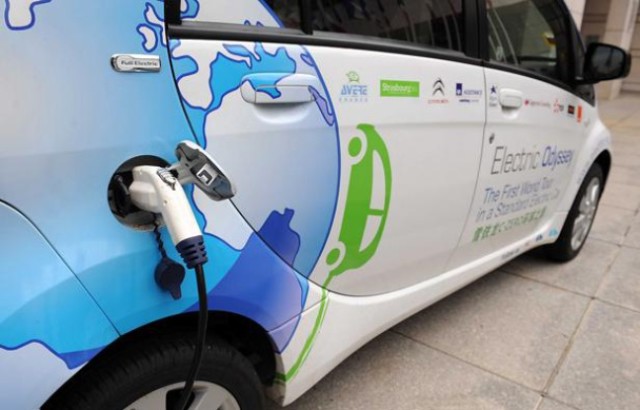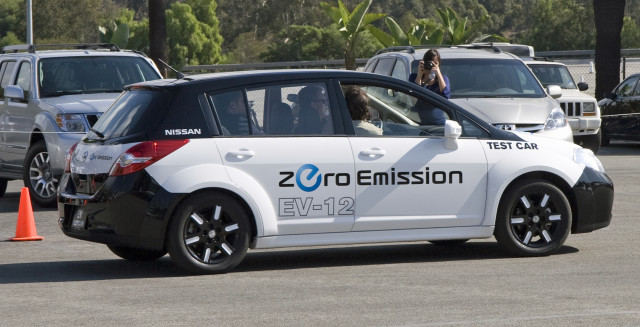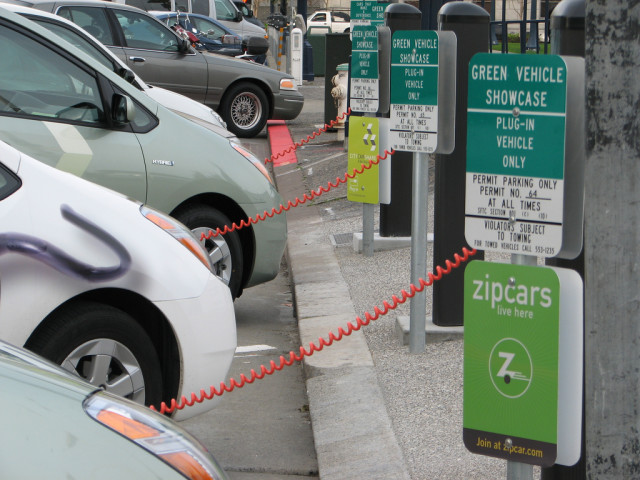As the world shifts to green transportation, a number of alternatives emerge to replace gasoline and diesel. There’s the compressed natural gas, ethanol and bio-diesel. Not to be out stage is the electric car motor. As of December 2014, approximately 712,000 fully electric vehicles were sold globally. And by the end of 2015, the sales figure is estimated to reach 1.13 million. The number is projected to rise with the growing global awareness on awareness.
But why electric vehicles?
In 2012, the Union of Concerned Scientists (UCS) published their State of Charge report on electric car emissions, stating that “45% of Americans live in regions where electric cars were greener than every single gasoline car out there”. Now, a recent update to that report goes even further, declaring that EVs produce 50% less emission than their gasoline counterparts during the manufacturing process.
And even under a worse-case scenario, a typical EV still beat the average gas car by 40% when it comes to upstream-plus-downstream emissions according to the US Environmental Protection Agency. Here’s why…
- EVs do not burn gasoline and have no tailpipe emission. While you can argue that producing the electricity used to charge these cars does generate global warming emission, the amount of these emissions can vary significantly and can be remarkably lower depending on the mix of energy sources used to power the electricity grid. In regions that use renewable energy sources, e.g. solar and wind power, emissions are virtually non-existent.
- EVs charged from the electricity grid produce lower emissions than the average gasoline vehicle. That is, even when the electricity is produced primarily from coal in regions with dirty electricity grids.
- EVs can save on fuel costs, most important on fuel consumption. An EV driver could save nearly $13,000 on fuel and use 6,100 fewer gallons of gas throughout the lifetime of their vehicle according to UCS.







